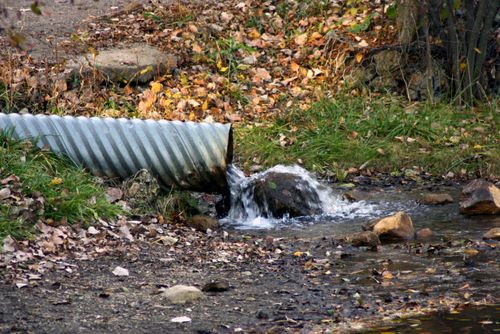Coho salmon in urban streams are dying before they can spawn due to pollution from stormwater runoff. The salmon returning to spawn in Seattle creeks died soon after storms wash dust and pollutants from roads into the water.
NOAA performed experiments at a hatchery comparing juvenile salmon in runoff water collected directly from a highway and that same water after it had been filtered through soil. The runoff collected from the highway killed the salmon in less than twelve hours, while the salmon in the soil-filtered water showed no ill effects.
The team checked for contaminants commonly known to kill fish, but didn’t find the usual culprits. Right now, it’s still a mystery as to what is in the runoff that is causing the deaths.
Salmon contribute over $1 billion each year to the economy in Washington state. Finding out what kills them is of economic importance to many people.
In the meantime, the experiments already done by NOAA show that rain gardens and other methods to slow the runoff of storm water into creeks can save fish.
The video below details the experiments and what has been found.
Storm drain photo via Shutterstock


You must be logged in to post a comment.